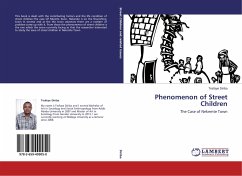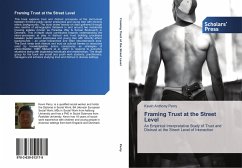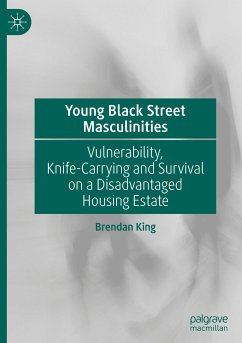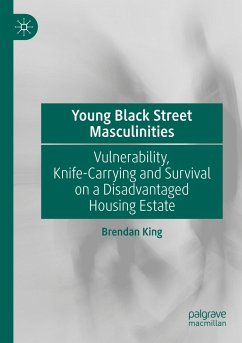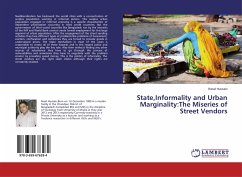
State,Informality and Urban Marginality:The Miseries of Street Vendors
Versandkostenfrei!
Versandfertig in 6-10 Tagen
27,99 €
inkl. MwSt.

PAYBACK Punkte
14 °P sammeln!
Neoliberalization has bestowed the world cities with a concentration of surplus population working in informal sectors. This surplus urban population engaged in informal economy is a specific characteristic of dependent urbanization occurring in third world countries. But the governments of third world countries like Bangladesh run by the interests of the IMF and World Bank cannot create formal employment for this large segment of urban population. After the engagement of the street vending activities they face different types of problems like problems of harassment, eviction, confiscation and...
Neoliberalization has bestowed the world cities with a concentration of surplus population working in informal sectors. This surplus urban population engaged in informal economy is a specific characteristic of dependent urbanization occurring in third world countries. But the governments of third world countries like Bangladesh run by the interests of the IMF and World Bank cannot create formal employment for this large segment of urban population. After the engagement of the street vending activities they face different types of problems like problems of harassment, eviction, confiscation and sometimes they are forced to provide goods in undervalued prices. The State mechanism in most of the cases is responsible to create all of these hazards and in this regard police and municipal authority play the key role. Also then without finding any other sources of subsistence they have to go through the process of vulnerabilities and sometimes they have to negotiate with the problem creator by providing speed money. This is the politics of informality. The street vendors are the right claim citizen although their rights are constantly violated.






